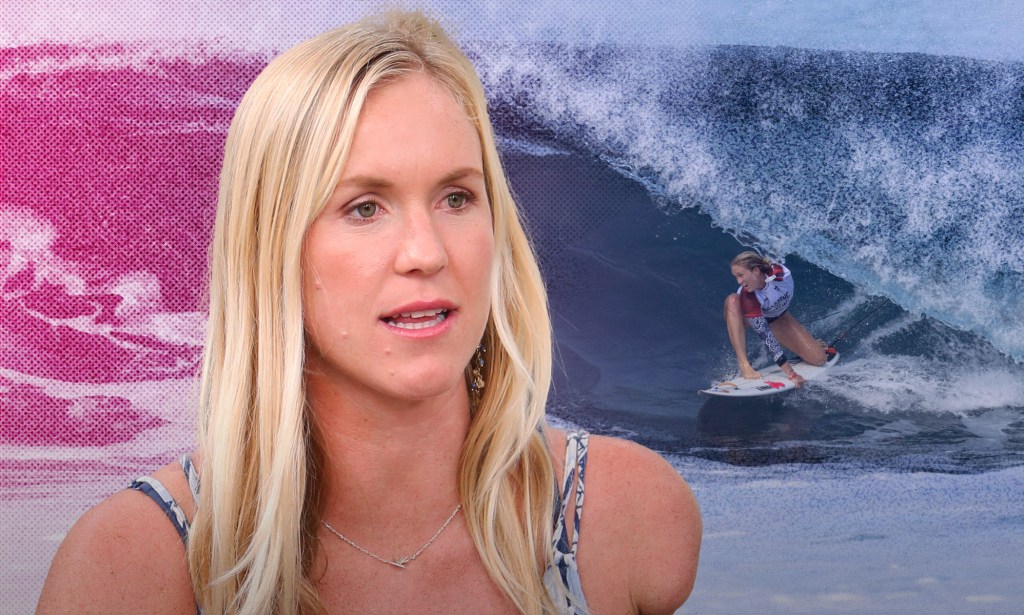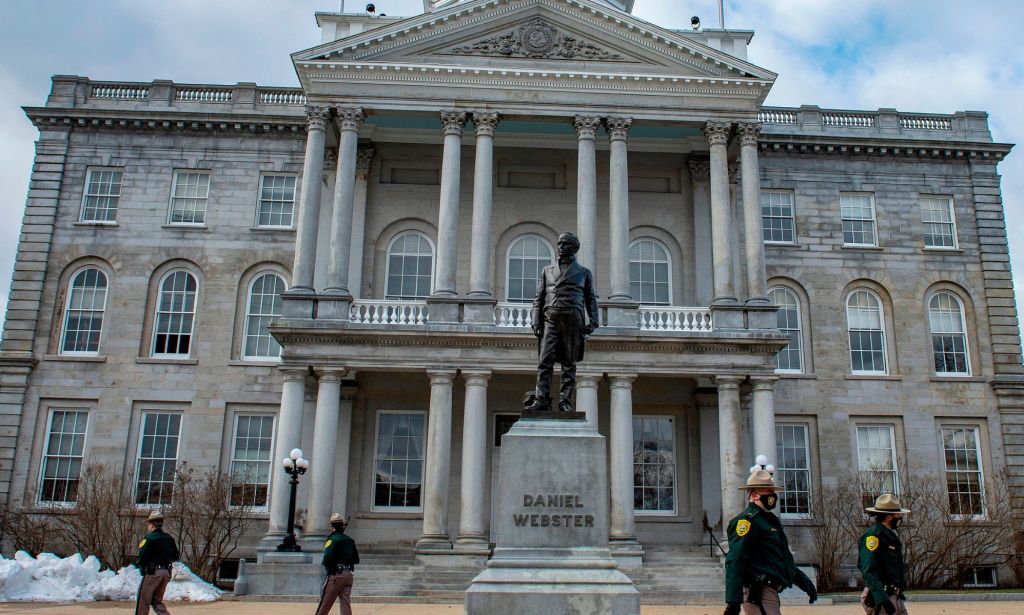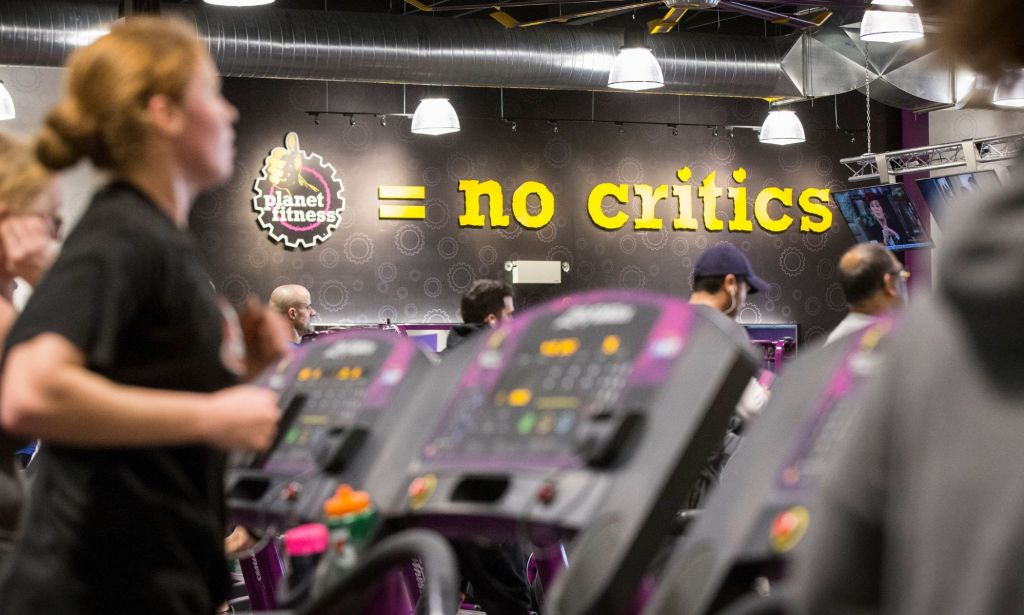New statistics have revealed the alarming prevalence of drink spiking in the LGBTQ+ community, with one man telling of the experience that left him cutting himself off from work, family, friends and “anything that looked towards the future I didn’t think I would ever have”.
Released on Thursday (4 April), the Ladbible Group and Stamp Out Spiking study surveyed 2,063 people aged between 16 and 24, in an effort to understand the rise in the number of drinks being spiked.
“Spiking” refers to when someone is given alcohol or drugs without their consent, usually in a drink. A person might spike a victim with the intention of stealing from them, harming them physically or sexually, or even supposedly as a joke.
The findings of the research revealed that of those surveyed, 70 per cent of people aged between 18 and 24 had either experienced or witnessed drink spiking, with more than half of women (51 per cent) and 69 per cent of LGBTQ+ respondents affected.
Stamp Out Spiking ambassador Stephen Hart was spiked then raped in 2006, contracted HIV as a result.
Hart had been in a bar with a friend who had to leave unexpectedly. He decided to stay a bit longer and bought himself two more drinks.
“Within minutes of him leaving I started to feel dizzy, confused, nauseous, hot and cold. I couldn’t lift my head but was aware of a guy asking me if I needed some fresh air. I thought he was going to help so said yes,” Hart told PinkNews.
“The next thing I knew was the sun was waking me up shining through my window. I still felt really unwell and found it hard to walk to the bathroom but thought a shower would help so started to get undressed.
“I kicked off my boots, undid my [trousers] and let them fall to the floor. When I did, I saw blood on my jeans and on the back of my legs, and just collapsed into a heap asking: ‘How could this have happened’ and ‘How can I remember so little?’”
While he knew from crime programmes not to wash away evidence, he felt he was “on fire”, so “crawled into the shower and spent the next 45 minutes in there, scrubbing at my skin until it bled”.
The hospital confirmed he had been raped and had traces of Rohypnol – commonly known as roofies – in his blood.
Roofies is a central nervous system depressant, commonly used as date-rape drug because the effects are felt quickly and persist for upwards of 12 hours, with victims having little memory of what has happened.
Hart was tested for HIV and other sexually transmitted infections and the results came back negative. He was told to return in three months for a second HIV test, which came back positive.
“I had grown up during Section 28 so had no education in school about HIV. All I knew was what was splashed across the newspapers about the deaths of Freddie Mercury, Rock Hudson and Kenny Everett, so I did not think I would survive.
“There was a big part of me that hoped I wouldn’t.
“I spent the next two years cutting myself off from work opportunities, friends, relationships and anything that looked towards the future I didn’t think I would ever have.”
‘There were no men talking about being spiked and raped’
Despite the research showing the prevalence of drink spiking, there is significant under reporting.
87 per cent of victims surveyed chose not to report their experiences to the police. The reasons they gave for that decision were insufficient evidence (48 per cent), believing it was too late to report the crime (38 per cent), and concerns that no action would be taken (27 per cent).
Hart recalled not accepting help for the first two years, but at the same time does not “remember much being on offer”.
He went on to say: “There were no men talking about being spiked and raped so I didn’t talk about it myself for another few years.”
The research comes at a time when the government is looking to bring in a raft of new measures related to spiking.
As it stands, a staggering 86 per cent of those surveyed did not know there was not a specific law to convict against spiking and only 29 per cent of them were aware of the proposed amendments to the Criminal Justice Bill announced by home secretary James Cleverly in December.
Hart said people need to understand that drink spiking can happen to anyone.
“Without government funding to train door, bar and security staff – but also police and first responders – the rates of this crime will continue to rise,” he said.
Commenting on the research, Emily Driscoll, the head of data, intelligence and planning at Ladbible Group, said: “The results highlight the urgent need for greater education, awareness and action to address the concerning prevalence of drink spiking, especially [among] Gen Z.
“As a business, we are committed to using the scale and reach of our platforms – which reaches nearly six in 10 18 to 24 year olds in the UK – to raise awareness and advocate for change to ensure the safety and well-being among young adults.”
Meanwhile, Dawn Dines, the chief executive and founder of Stamp Out Spiking, said: ”We firmly believe key safeguarding education is urgently needed to ensure the safety of partygoers across the UK.
“The numbers speak for themselves, with 60 per cent of young adults supporting our mission, advocating for advanced training for venue staff and greater education regarding spiking awareness.”



